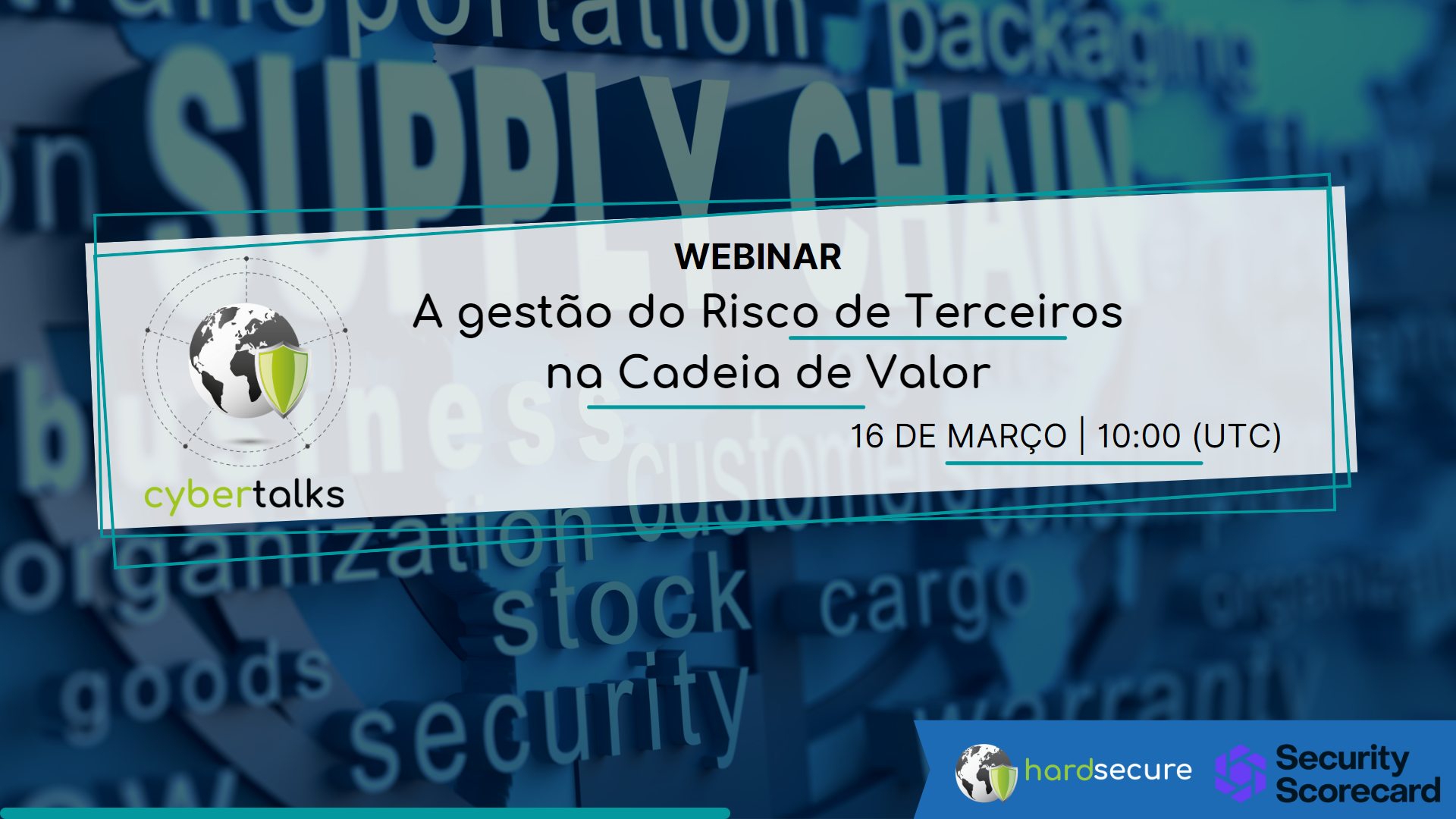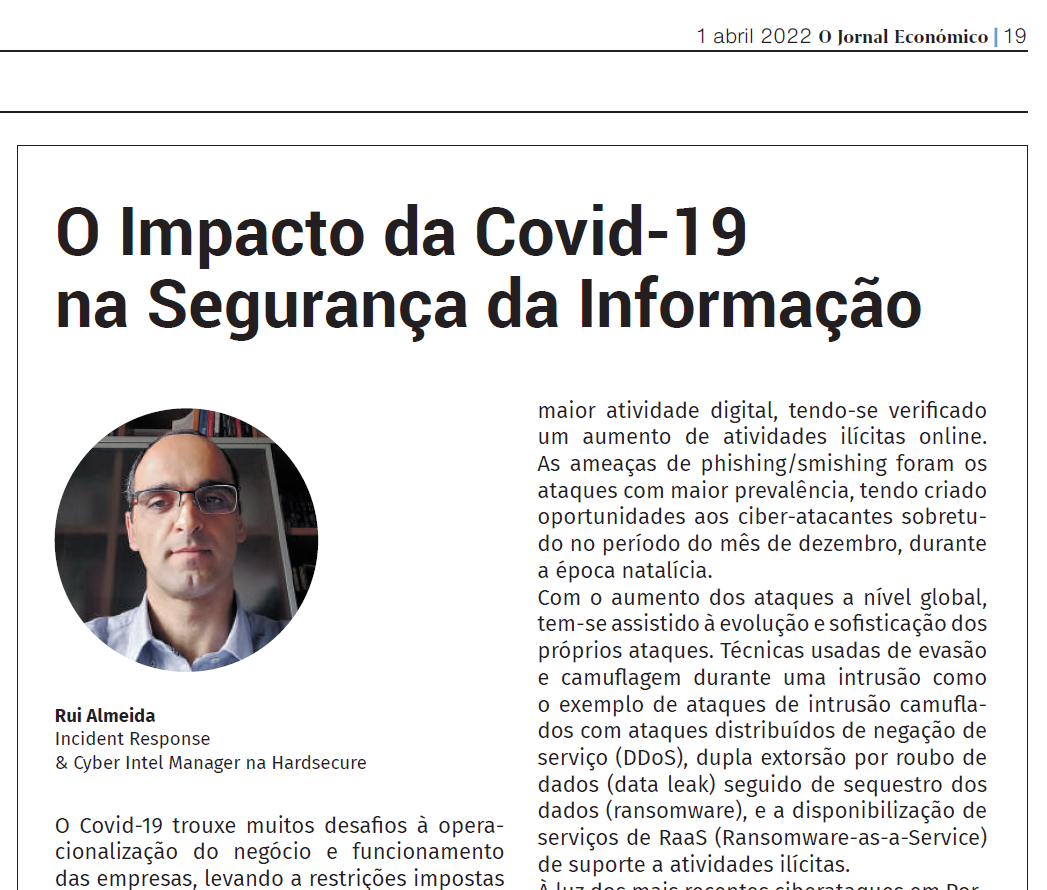
Today, organizations are exposed to several attacks (Zero-Day attacks, crypto viruses, botnets, exploits…) it’s common to come across concepts such as Cyber Threat Intelligence (CTI) and Cyber Intelligence (CI). This article will help you understand the difference between these two concepts that in practice seem very similar.
According to Gartner, "Cyber Threat Intelligence is evidence-based knowledge, including context, mechanism, indicators, implications, and actionable advice, about an existing or emerging menace or hazard to assets that can be used to inform decisions regarding the subject's response to that menace or hazard ".
Cyber Threat Intelligence (CTI) delivers to the organizations, information about threats and threat actors that help mitigate harmful events in cyberspace. Cyber threat intelligence sources include open-source intelligence, social media intelligence, human intelligence, technical intelligence, or intelligence from the deep, surface & dark web/darknet, Tor, Freenet, I2P, Riffle, and others.
Cyber Intelligence (CI) is the mechanism of translating the data obtained from the attackers’ networks into an operative report through “standard intelligence approaches”.
Cyber Threat Intelligence delivers transforming data, gathered by ‘traditional methods of intelligence’ from the platforms of the attackers, into an actionable report for the target customer. The traditional intelligence methods may include passive follow-ups or actively created ‘persona’ to find out what the attackers are talking about, their new methods, their stolen information, and all other operational details. Surely these methods require a high level of knowledge and experience where the customers can get to perform proactive decisions in their IT infrastructure. Threat actors operate in “wolf packs” spread in different locations being difficult to track them down in previous information regarding the gathering of the “wolf pack” is not collected and that is one of the added values of this service.
CTI is an essential capability in an organization's security program. Used properly, CTI can enable better-informed security and business decisions and ultimately allow customers to take decisive action to protect their users, data, and reputation against unknown elements.
CTI often includes signature, reputation, and threat data feeds but goes beyond them in almost every way. Our typical activities involve:
Here are some of CTI benefits:
In short, the skilled, well-funded, well-organized, and highly sophisticated cyber attackers use techniques that reveal security strategies to the technology alone. To develop a defense strategy against attackers, organizations need to know how hackers operate, how they function, and what techniques they use.
Cyber-threat intelligence allows companies to identify the dynamics and consequences of risks, improve security plans, structures, and reduce their attack potential to minimize damage and defend their network.




